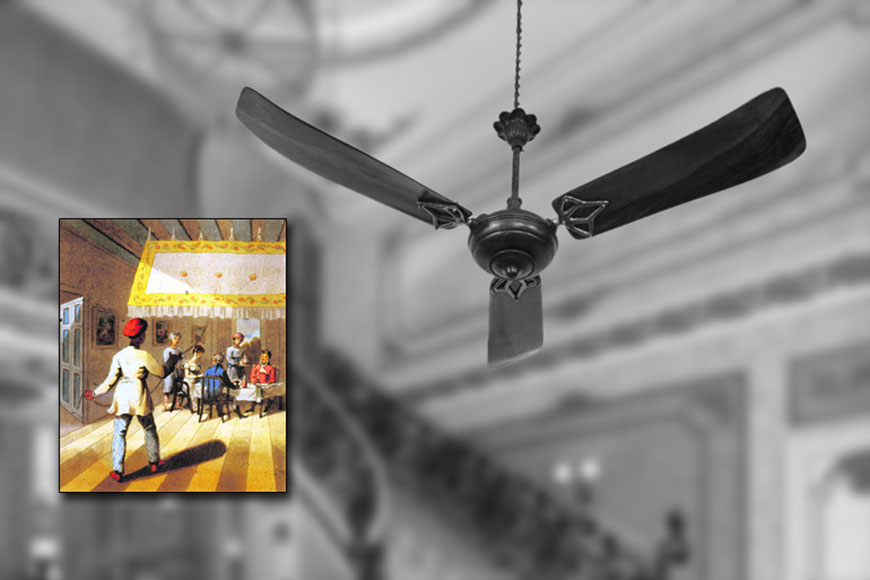Bengal’s Kshirode Chakraborty made India self-reliant a century ago

He was the harbinger of a whiff of cool, fresh air in the abodes of erstwhile Bengali aristocrats. He was an innovator, an entrepreneur and a proud Swadeshi who had the guts to peer at British entrepreneurs and take up the challenge to beat them at their own game. Yes, he was Kshirode Bihari Chakraborty. His name has been consigned to oblivion over time but one cannot but be grateful to this great pioneer for his groundbreaking effort that made it possible for initiating electric fans in Calcutta, initially in the homes of the rich and later, among the masses.
Calcutta’s weather has always been stiflingly hot and humid. Here summer’s heat and uneasiness lingers on for most of the year with a very brief winter interlude that comes and goes in a jiffy. When the East India Company officials took reigns of control in their hands and settled in the city, they found the heat unbearable. Pankha kulis (men who pulled large string-drawn fans manually) were employed but during the height of summer, when not a leaf budged, the slow manual movement of the kulis was inadequate and did not provide any relief whatsoever. It was at this juncture that Kshirode Bihari ushered in electric fans and provided the much sought-after relief. Clyde Company was established – the first electric fan manufacturing company set up by a Bengali entrepreneur.
Next to Elite Cinema on Jaun Bazaar Street, Chowringhee was the sprawling office of Hindustan Insurance Company. Tucked in one corner of this mansion was Clyde Engineering Company Limited. The first batch of fans was manufactured and made available in the market by 1919. A number of native aristocrats including Maharaja Rajendra Kishore of Mymensingha and Kumar Arun Singha of Paikpara encouraged Kshirode Bihari and supported him financially.
Kshirode Bihari was a staunch nationalist and opposed and criticized the British openly. He was born in Bandar village under Narayangunj district of East Bengal. He was actively involved in the Swadeshi movement in Jalpaiguri. He came to Calcutta for higher studies and joined St. Xavier’s College. Here, his revolutionary activities increased manifold and he came under the vigilance of the British police who started shadowing him closely. In a desperate bid to foil the British plan of getting caught, Chakraborty took up a Pay-master’s job in a cargo ship and left the country. In the ship, he met electricians and mastered the craft of wiring, fan repairing and other nitty-gritty of fan manufacturing. He saved all his earnings and returned to the city after he accumulated his passage money and a small kitty. Once back in the city, he set up a small manufacturing unit in 1918.
The fans manufactured at Clyde Company threw a challenge to other established foreign manufacturing companies. The demand for the brand soared and so did the production. To keep up the pace of production, Chakraborty set up an apprentice training school for interns at Bakul Bagan. Boys joined in hordes and later, girls too, joined the school to master the delicate work of winding wires in the armature. Chakraborty’s fans grabbed a large portion of the elite native market. But the war and its cascading effects on the economy put the company amid tremendous financial stress. Finally, it folded up due to acute fiscal deficit.
But Chakraborty was made of sterner stuff. Not one to give up easily and accede defeat, he started from the scratch again and set up Calcutta Fan. In 1932, on a plot near Hindustan Park, he set up his new manufacturing unit. He also set up an apprentice school in the same way he had done for his former venture. This company functioned for decades even after Independence. He was an answer to the self-reliant national sentiment that was high during the colonial rule in India.









